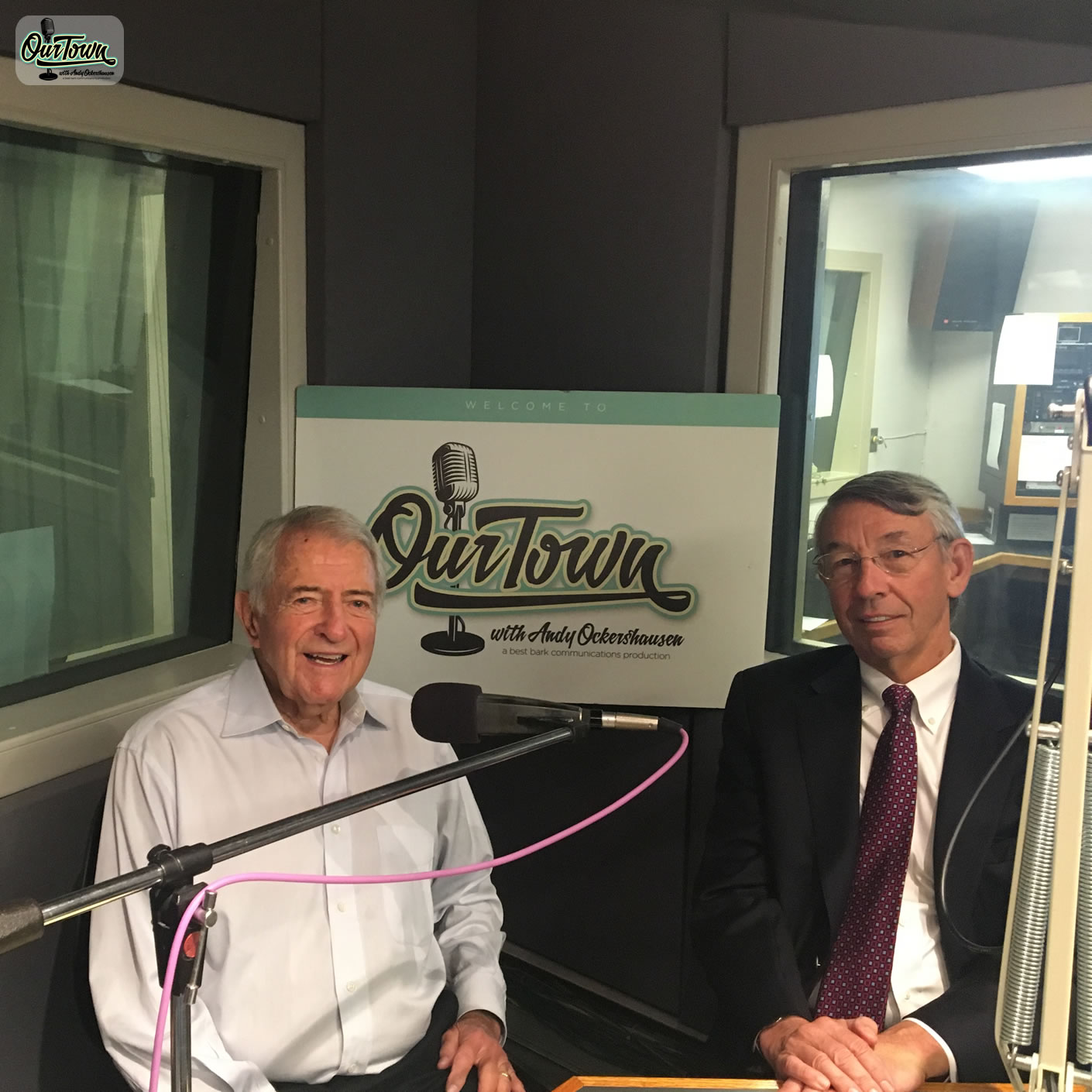- History
- SEE MORE
- classical
- general
- talk
- News
- Family
- Bürgerfunk
- pop
- Islam
- soul
- jazz
- Comedy
- humor
- wissenschaft
- opera
- baroque
- gesellschaft
- theater
- Local
- alternative
- electro
- rock
- rap
- lifestyle
- Music
- como
- RNE
- ballads
- greek
- Buddhism
- deportes
- christian
- Technology
- piano
- djs
- Dance
- dutch
- flamenco
- social
- hope
- christian rock
- academia
- afrique
- Business
- musique
- ελληνική-μουσική
- religion
- World radio
- Zarzuela
- travel
- World
- NFL
- media
- Art
- public
- Sports
- Gospel
- st.
- baptist
- Leisure
- Kids & Family
- musical
- club
- Culture
- Health & Fitness
- True Crime
- Fiction
- children
- Society & Culture
- TV & Film
- gold
- kunst
- música
- gay
- Natural
- a
- francais
- bach
- economics
- kultur
- evangelical
- tech
- Opinion
- Government
- gaming
- College
- technik
- Jesus
- Health
- movies
- radio
- services
- Church
- podcast
- Education
- international
- Transportation
- Other
- kids
- podcasts
- philadelphia
- Noticias
- love
- sport
- Salud
- film
- and
- 4chan
- Disco
- Stories
- fashion
- Arts
- interviews
- hardstyle
- entertainment
- humour
- medieval
- literature
- alma
- Cultura
- video
- TV
- Science
- en
Stephen S. Fuller, Ph.D. Expert, Greater Washington Regional Economy

b'Stephen S. Fuller, Ph.D. on Amazon and future job and economic growth in Our Town~\\nThey worked together to make this happen, and it will benefit the region broadly, but it isn\'t the final, it isn\'t all that is coming. This is just the beginning. We expect there to be almost 400,000 new jobs in the next 15 years and this is just 25,000 of them.\\nStephen S. Fuller, Ph.D. and Our Town host Andy Ockershausen in-studio interview\\nAndy Ockershausen:\\tThis is Andy Ockershausen and this is Our Town. I have been so excited to know that we could talk to this man and we could talk to him away from his usual role as the head of some meeting or group because I have been following him through the Washington Board of Trade since he first worked for GW. It was way back in the \'60s I guess. Steve Fuller, welcome to Our Town.\\nStephen S. Fuller, Ph.D.:\\t Pleasure to be with you.\\nAndy Ockershausen:\\tYou know, we think Our Town and we created the show - my Janice recreated it. We had a television program on channel 50 called Our Town. So Janice dug it up three years ago and said, "Why don\'t we do it again?" about the people that have impact in Our Town and we think Our Town is Upper Marlboro, it\'s Vienna, Virginia, it\'s as far north as Baltimore, it\'s as far south as Richmond. That\'s Our Town. We go all over and Steve Fuller, you\'ve had such an enormous impact on that geographical selection, Our Town.\\nRutgers and Cornell\\nStephen S. Fuller, Ph.D.:\\tWell, I\'ve been studying it for 50 years and I try to share some of my knowledge. So this is a great opportunity.\\nAndy Ockershausen:\\tI love your resume. I love your background. You grew up in New Jersey, I would take it. You went to Rutgers.\\nStephen S. Fuller, Ph.D.:\\tI did go to Rutgers.\\nAndy Ockershausen:\\tThat\'s a state school, isn\'t it?\\nStephen S. Fuller, Ph.D.:\\tA state school. It\'s the sixth oldest university in the country.\\nAndy Ockershausen:\\tIt\'s older than Princeton.\\nStephen S. Fuller, Ph.D.:\\t1766, Queens College, it was then.\\nAndy Ockershausen:\\tQueens College. Well, wasn\'t William and Mary King\'s College at one time in Southern Virginia? I think it\'s something like that. There were only one of each, I know that. And you graduated from Rutgers in \'62, but then it took you seven years to graduate from Cornell.\\nStephen S. Fuller, Ph.D.:\\tWell, I worked, I went out and worked.\\nAndy Ockershausen:\\tOh, it didn\'t say that.\\nStephen S. Fuller, Ph.D.:\\tI took a few jobs.\\nAndy Ockershausen:\\tThe way I read your resume, you graduated in \'62 and then went to Cornell, high above Cayuga\'s waters, right?\\nStephen S. Fuller, Ph.D.:\\tThat\'s right.\\nAndy Ockershausen:\\tAnd that launched you into a career by going to Cornell. Was that a special school for you?\\nStephen S. Fuller, Ph.D.:\\tI went there to get a PhD in Urban and Regional Planning and Economic Development, and I was there just for two years. Then I came to Washington in 1967, because I lucked out to get some financing from a small agency to fund my dissertation research on rural redevelopment.\\nAndy Ockershausen:\\tWow!\\nOn Coming to Our Town\\nStephen S. Fuller, Ph.D.:\\tSo I came down here with the promise of one year paycheck to do my research and write my dissertation, and then they hired me to stay on for a year and after that I went to GW in \'69.\\nAndy Ockershausen:\\tAnd you became whether you planned or not, you became part of Our Town, a big part of Our Town.\\nStephen S. Fuller, Ph.D.:\\tI did.\\nAndy Ockershausen:\\tAnd you had had all the training to better urban development and training about how to judge markets and growth and so forth. So you were prepared to help at GW. Were you\'re the first one in that category at George Washington?\\nGeorge Washington University Opportunity - New Urban Regional Planning Department Stephen S. Fuller, Ph.D.:\\tThere was a new department at George Washington that offered a master\'s degree in Urban Regional Planning, and it just started up in 1968 and they needed a third faculty member,'